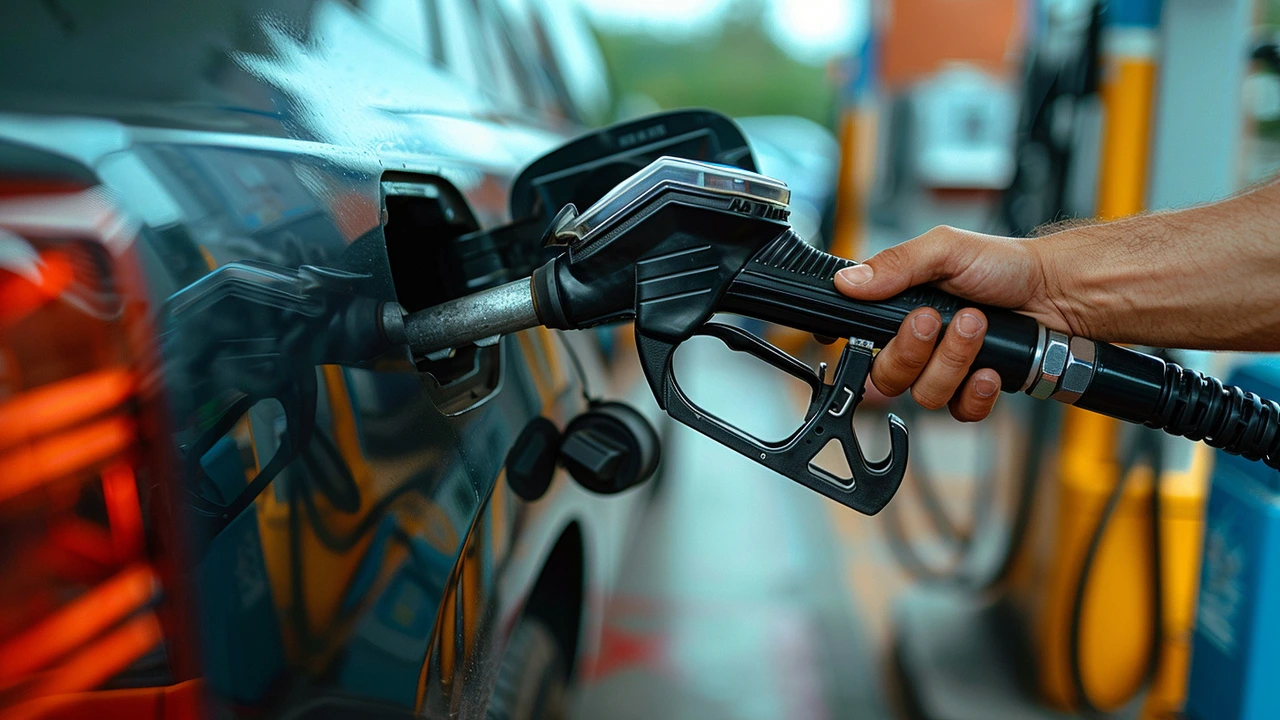Every time you fill up your tank, it feels like another pinch, right? Petrol price increases are hitting households, safari operators, and game farms across Africa. But what’s actually causing these rising costs? It’s not just global oil prices. Local taxes, fuel levies, changing exchange rates, and government regulations all play a role, sometimes even more than the oil market itself.
When global crude oil prices go up, everyone expects petrol to cost more. But Africa’s situation is unique. Many countries import all their fuel. So, when the global supply chain is shaky or the dollar goes up, you’ll see the price hike overnight at your nearest station—even when oil prices are stable. It’s a domino effect: when one major supplier has an issue, the impact ripples through the whole region.
Governments try to protect consumers with subsidies or by setting a ceiling on prices. Sounds good, but the money for these subsidies has to come from somewhere, usually other public funds. And when subsidies run dry, prices shoot up overnight. If you rely on road transport for work, tourism, or farming, even a small price bump can totally change your costs.
Game farms and conservation centers feel the hit too. Higher fuel costs mean it's more expensive to run vehicles, tractors, and equipment needed for day-to-day care and protection of wildlife. Tourists coming in for safaris might hesitate as travel gets pricier. For many, that means fewer visitors and a tighter budget for conservation projects.
The effect doesn't stop at the petrol station. Food prices can spike because transport costs for goods go up. Deliveries to rural lodges or remote reserves can eat up a bigger chunk of the budget. Staff might ask for higher wages to make up for their own increased travel costs. It snowballs from there.
So what can you do? First, watch the news. Petrol prices can change monthly or even sooner. Knowing in advance helps you plan trips or adjust budgets. Some drivers switch to carpooling or use fuel-efficient vehicles. Safari lodges and game farms might invest in solar power or push for local biofuels, but those changes take time and money to pay off.
Local activists and tourism operators sometimes lobby government for fair price caps or better transparency about fuel taxes and levies. When enough people push back, governments listen. Keeping track of policies and joining communities that share updates can help you stay ahead, whether you’re running a small safari business or just commuting to work.
The takeaway? Petrol price increases aren’t going away soon—but knowing why they happen and how they ripple through African businesses and daily life can help you make smarter choices, save money, and even support conservation efforts. Stay tuned to pages like African Game Farms Daily News for real-world updates that matter, especially if your work or adventures depend on affordable travel.

As May 2024 approaches, South Africa will see a mixed shift in fuel prices. Petrol is set to become more expensive by 35 cents per litre, while diesel and gas prices will experience a decrease. These changes reflect broader economic influences, including international market shifts and currency fluctuations.
Read More >>